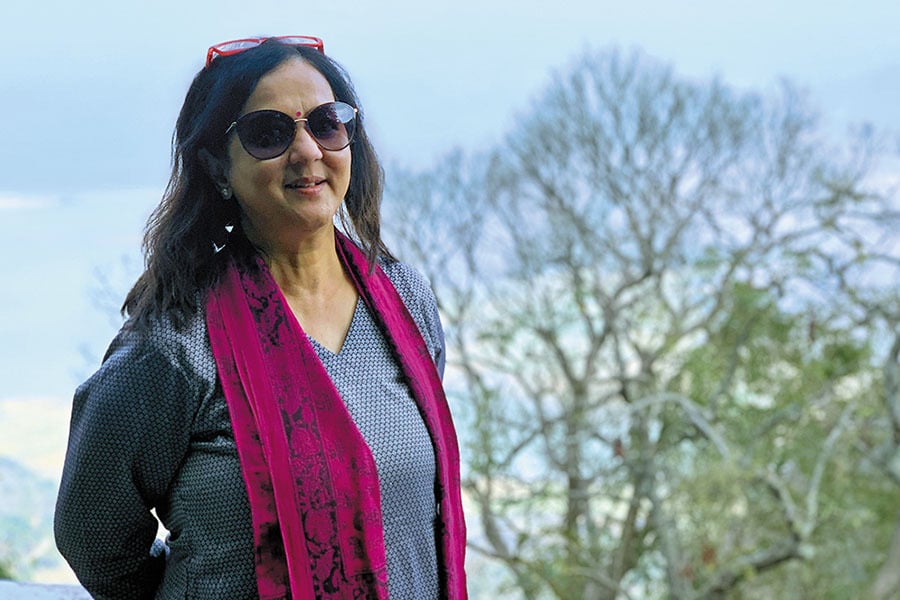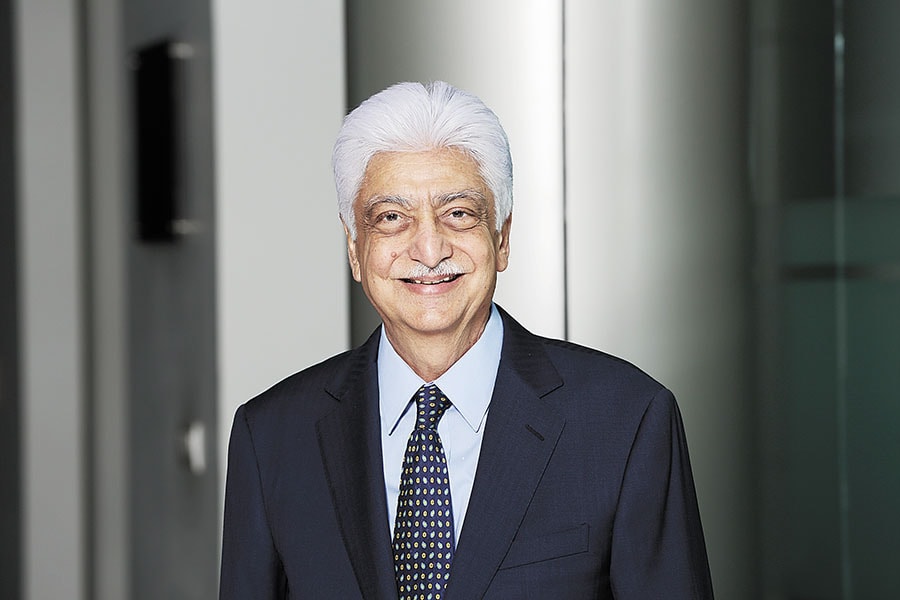
India Inc: Lending a helping hand
Billionaires and philanthropists went out of their way to help citizens deal with the pandemic

More the Merrier
Philanthropist Rohini Nilekani, who donated Rs 47 crore of her personal wealth, feels the rich in India need to open their purses more
Noted philanthropist and chairperson of Arghyam Foundation Rohini Nilekani feels the philanthropy sector changed during the coronavirus pandemic as members of civil society donated generously. However, she is of the opinion that the wealthy need to open their purses even more. Nilekani led the EdelGive Hurun India Philanthropy List for 2020 among women with a Rs 47-crore donation. Her husband, Infosys co-founder Nandan Nilekani, is at number 7 with RS 159 crore given to charity. The couple has also signed the Giving Pledge. The 61-year-old had told Forbes India that more wealthy people in India must come forward and say that a portion of their wealth belongs to society. Her foundation looks at water and sanitation issues, while her philanthropic efforts earned her a spot among Forbes Asia’s annual list of Asia’s Heroes of Philanthropy in 2010.
- Kunal Purandare
Read more: Sonu Sood: Playing the Hero Off the Screen






